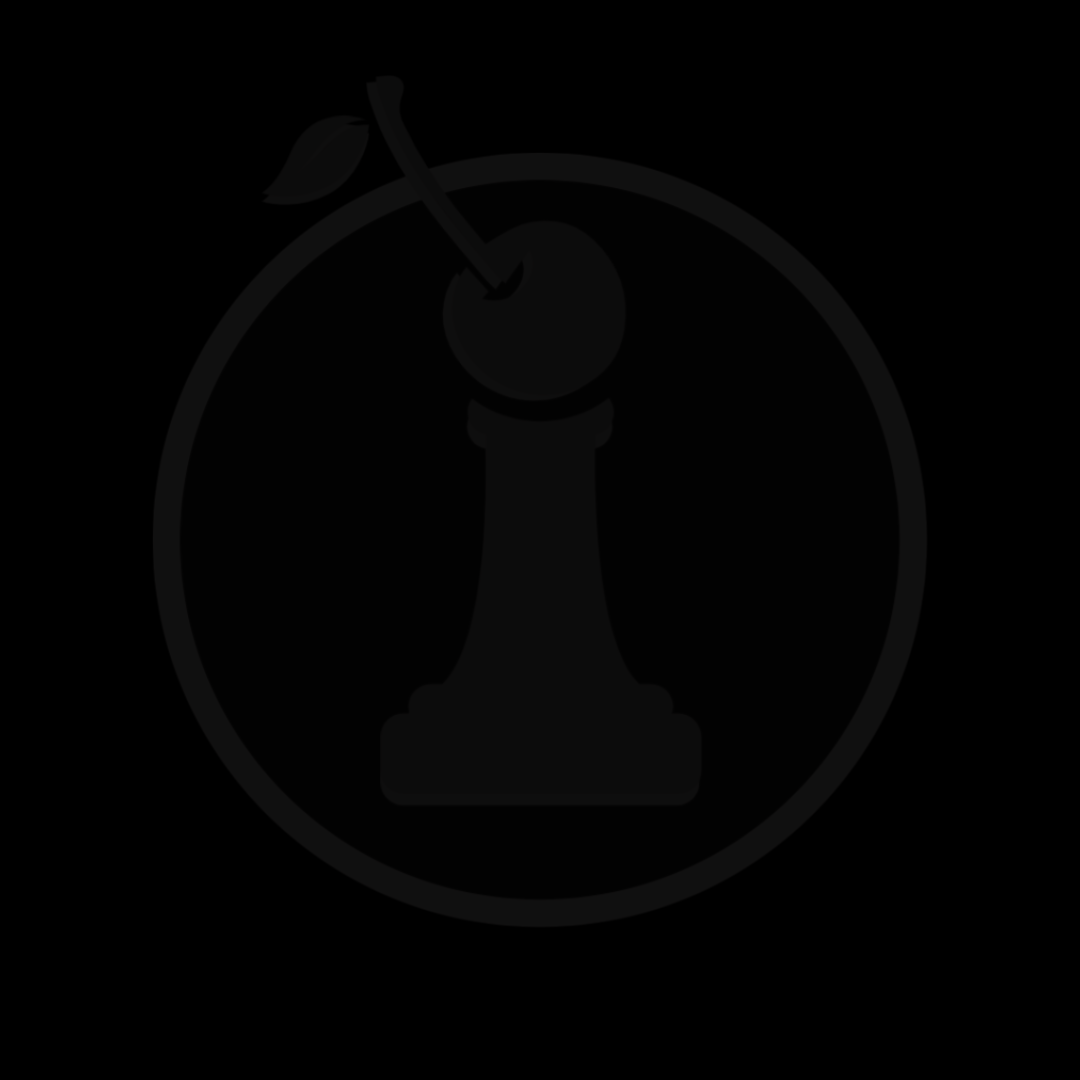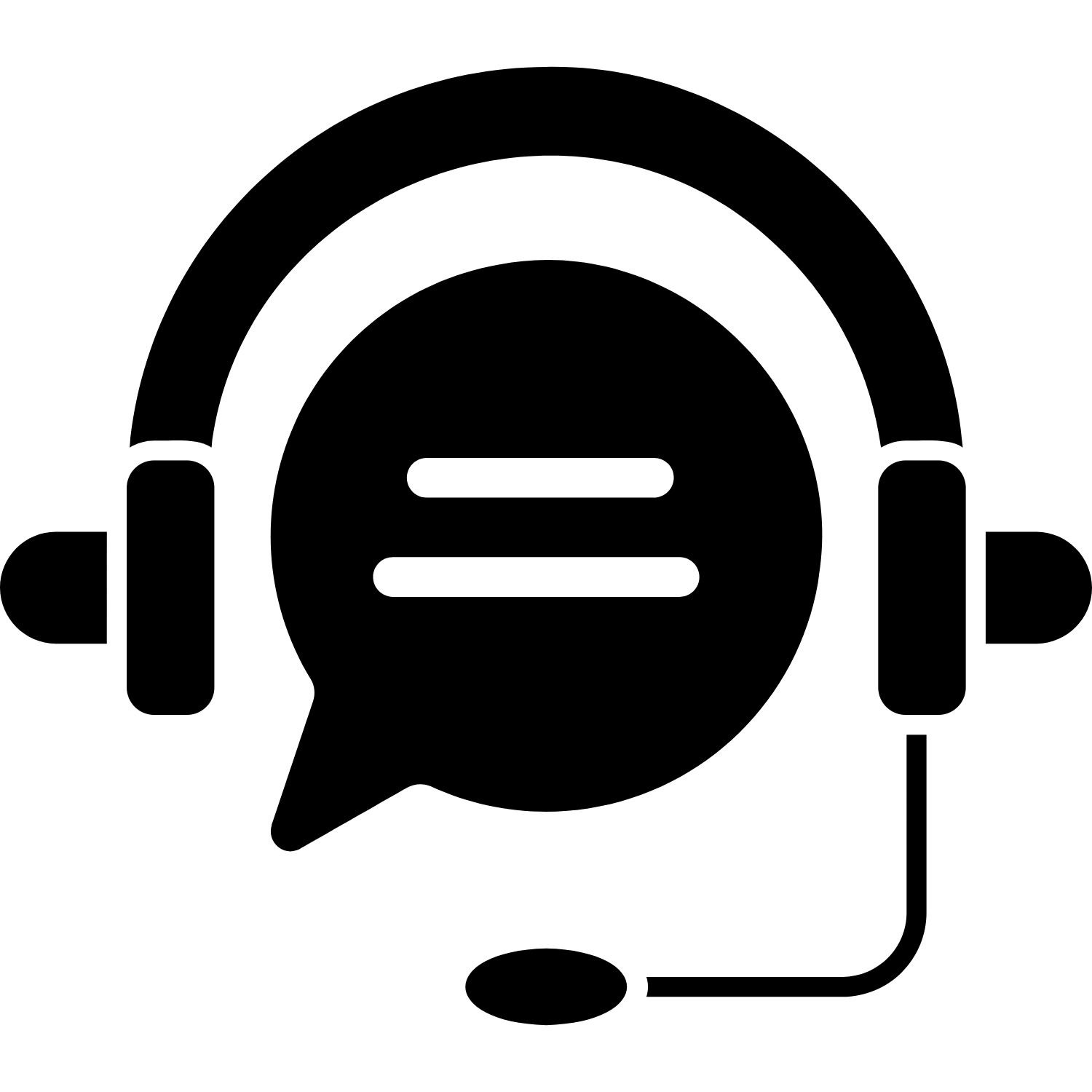
Strategic Delegitimization: Attacking Expertise and Elevating Sensationalism
Share
On Systematic Delegitimization: The Weaponization of Expertise and the Dismantling of Trust
In today's rapidly evolving information landscape, the battle for credibility is as important as the battle for truth itself. Systematic delegitimization—the strategic effort to discredit and marginalize certain ideas, individuals, or institutions—has become one of the most potent tools in epistemic warfare. While much of this phenomenon is focused on expert-driven fields such as science, economics, medicine, and history, its impact is not confined to academia or professional circles. This campaign to undermine expert authority has far-reaching consequences, particularly when it comes to public trust in information and the shaping of narratives.
The process of systematic delegitimization is multi-faceted, targeting the validity of knowledge itself. However, an essential and often overlooked aspect of this phenomenon is the interplay between legitimate expertise and the growing influence of pseudo-experts—individuals or entities with dubious credentials, often driven by commercial, ideological, or even nefarious interests. The strategic delegitimization of expert authority is complicated further by the fact that, in many cases, some experts themselves may be complicit in perpetuating agendas that serve their commercial or ideological masters.
The Assault on Expertise
In the modern era, experts are no longer automatically considered authorities by the general public. Fields that once relied heavily on established scientific methods, peer-reviewed research, and long-standing professional credentials are now routinely questioned and undermined in the public discourse. This is not limited to science or medicine but extends across all domains where specialized knowledge is valued.
What has changed is the framing of expertise itself. The credibility of experts is no longer assessed primarily on the merit of their work or qualifications but through a process of delegitimization—strategic campaigns designed to discredit the individual or the institution, rather than address the substance of their ideas.
The role of the media in amplifying these campaigns cannot be understated. News outlets and influencers, some with clear commercial interests, have become as crucial in shaping public perception as experts in their respective fields. Rather than facilitating informed debate, many in the media opt for sensationalist narratives or ideological warfare, focusing on quick, salacious stories rather than the long-term truth. This creates a battleground in which experts are often outmatched by the speed and volume of information disseminated by these platforms.
The Legitimacy Crisis
One significant aspect of the delegitimization process is its impact on public trust. Historically, experts in fields like medicine or science were seen as impartial figures of authority. However, the current climate is increasingly one of skepticism, where expert opinions are frequently treated with suspicion or even outright hostility.
This is compounded by the erosion of the distinction between "legacy" media and "tabloid" news. In a digital age where anyone with an internet connection can present themselves as an authority, sensationalist outlets—often driven by commercial incentives or ideological agendas—have gained parity with well-established, reputable news organizations. The speed at which information spreads online allows for the rapid dissemination of false or misleading narratives, often long before any fact-checking or critical analysis can take place. As a result, expert-driven insights are drowned out by a cacophony of competing voices, many of which are not concerned with truth but with entertainment, profit, or political gain.
The quest to be first, rather than correct, has made the media environment even more chaotic. The rush to break a story before the competition often leads to rushed conclusions, misattributions, or incomplete facts. This not only damages the credibility of the media but further undermines trust in all sources of information. As more sensationalized news is consumed, the public becomes increasingly conditioned to view expertise as just another opinion in a sea of competing voices.
The Role of Faux-Experts and Commercial Interests
While the delegitimization of experts is often viewed as a response to specific individuals or institutions, another layer of complexity emerges when we consider that some experts themselves may be compromised. Many in the public eye are not necessarily objective truth-seekers but are motivated by commercial, political, or ideological interests. Whether through lucrative corporate partnerships, government funding, or ideological commitments, some experts are incentivized to present certain narratives over others. These experts may align themselves with powerful corporations, political movements, or other vested interests, making their objectivity questionable.
For example, scientists funded by pharmaceutical companies or lobbyists for industries like tobacco, fossil fuels, or defense may produce research that supports specific economic or political agendas, even at the expense of scientific integrity. This phenomenon is not new; the history of science is replete with instances where corporate or government interests have influenced research outcomes. But in the context of epistemic warfare, the existence of "faux-experts" who actively promote biased or false narratives complicates the delegitimization process. These faux-experts are often difficult to distinguish from genuine authorities, further muddying the waters of public trust.
The fact that some experts are compromised—whether knowingly or unknowingly—makes it more difficult for the public to discern genuine expertise from opportunistic deception. This creates fertile ground for the strategic delegitimization of legitimate knowledge. If experts can be portrayed as biased or self-interested, the general public is more likely to reject their conclusions in favor of narratives that align with their existing beliefs or the interests of powerful actors.
The Impact on Public Discourse
The delegitimization of expertise does not just undermine individual experts or specific fields of knowledge; it has profound implications for the broader public discourse. When trust in experts erodes, the ability to address complex issues in society becomes more challenging. Public debates about climate change, public health, economic inequality, and other critical issues are clouded by misinformation, half-truths, and deliberate disinformation.
This environment of confusion and fragmentation plays directly into the hands of those who seek to manipulate public opinion. Political actors, corporations, and media outlets can push agendas without concern for the integrity of the information being presented. As people are increasingly exposed to conflicting narratives, they may begin to distrust not only the specific expert being targeted but the entire system of expertise itself. This leads to a widespread normalization of ignorance, where all perspectives are treated as equally valid, regardless of the evidence behind them.
In this context, the strategic delegitimization of expertise serves not only to undermine individual professionals but to create a society where truth itself becomes relative, and the very concept of expertise is subject to continuous erosion.
Conclusion
Systematic delegitimization is a powerful tool in the arsenal of epistemic warfare. By strategically undermining experts, manipulating public perceptions, and leveling the playing field between genuine expertise and sensationalism, this strategy has profound consequences for how we understand truth, knowledge, and authority. The rise of faux-experts, commercial interests, and ideological biases has made the delegitimization process even more complex, complicating efforts to distinguish between genuine expertise and manipulative narratives.
As epistemic warfare continues to shape the discourse around science, medicine, economics, and history, the challenge lies not only in defending the integrity of knowledge but also in understanding how deeply these tactics affect our collective understanding of reality. In an age where the lines between truth and fiction blur with increasing frequency, the need for critical thinking, intellectual vigilance, and a healthy skepticism of sources has never been greater. The battle for knowledge is not just about the truth—it is about the very framework through which we understand the world.

